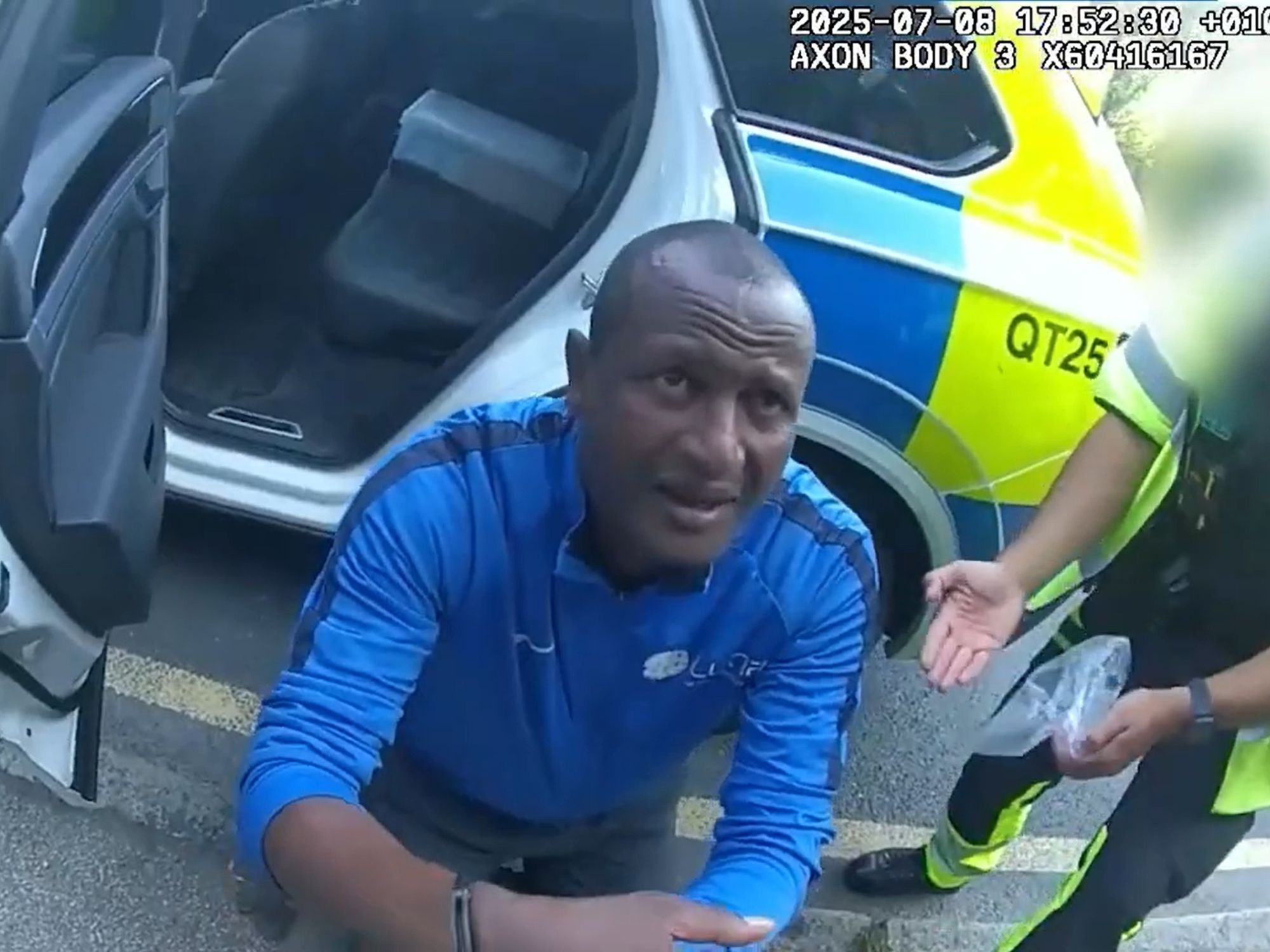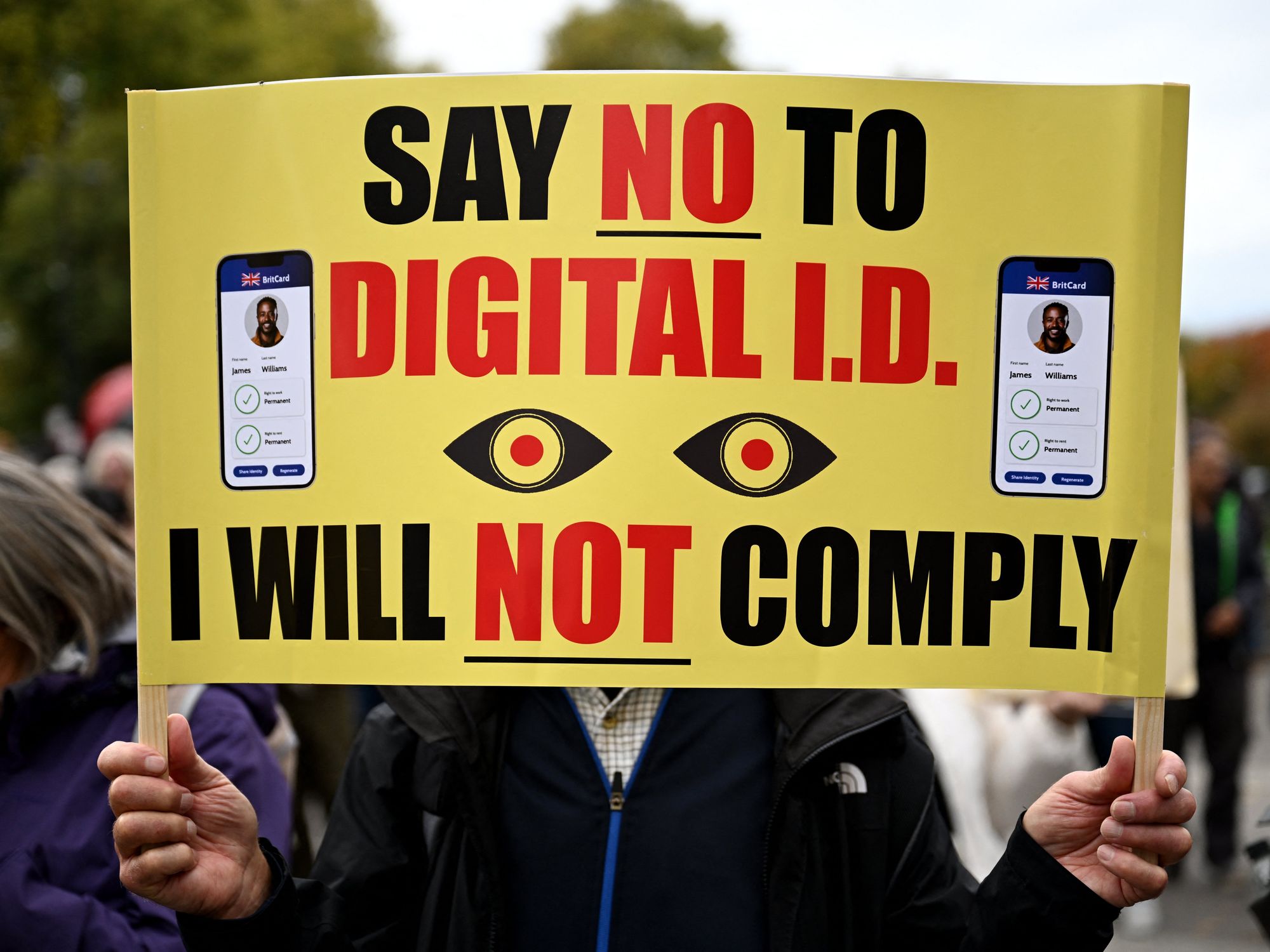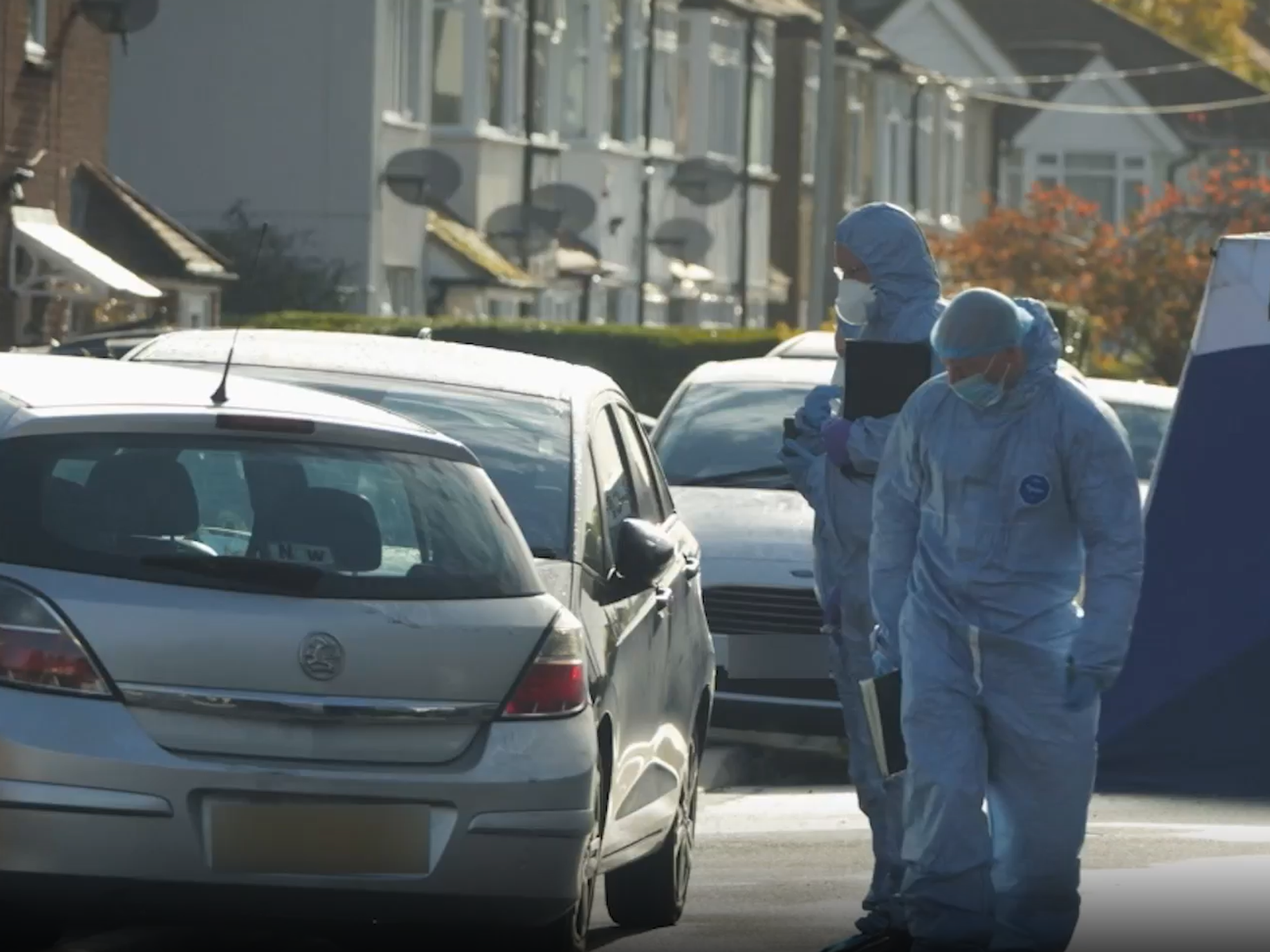Drivers urged to keep sunglasses in cars as Sunday's clock changes bring 'more collisions on roads'

Experts have warned of a significant rise in accidents over the next three weeks
Don't Miss
Most Read
British motorists are being encouraged to keep sunglasses in their cars, despite the days getting shorter, as experts warn of "three weeks of added carnage".
Road safety experts have issued a damning warning to drivers, urging them to be more careful when on the roads between 4pm and 7pm.
The clocks will go back in the early hours of Sunday morning, with this often leading to a surge in accidents and crashes across the country.
Over the last three years, there has been an 11 per cent increase in crashes during the evening rush hour in the three weeks following the clocks changing.
Darker evenings and adverse weather conditions can contribute to drivers finding themselves in poor conditions, raising the likelihood of a crash.
Experts from AA Accident Assist have called on drivers to keep a pair of sunglasses in the car since low-lying sun and reflections from wet roads can cause visibility issues.
Tim Rankin, managing director for the organisation, said: "After the clocks go back, the traditional evening traffic jams could be nicknamed 'crash hour' for the weeks following the change.
"Darker evenings seem to be catching some drivers out, which has led to more collisions on the roads."
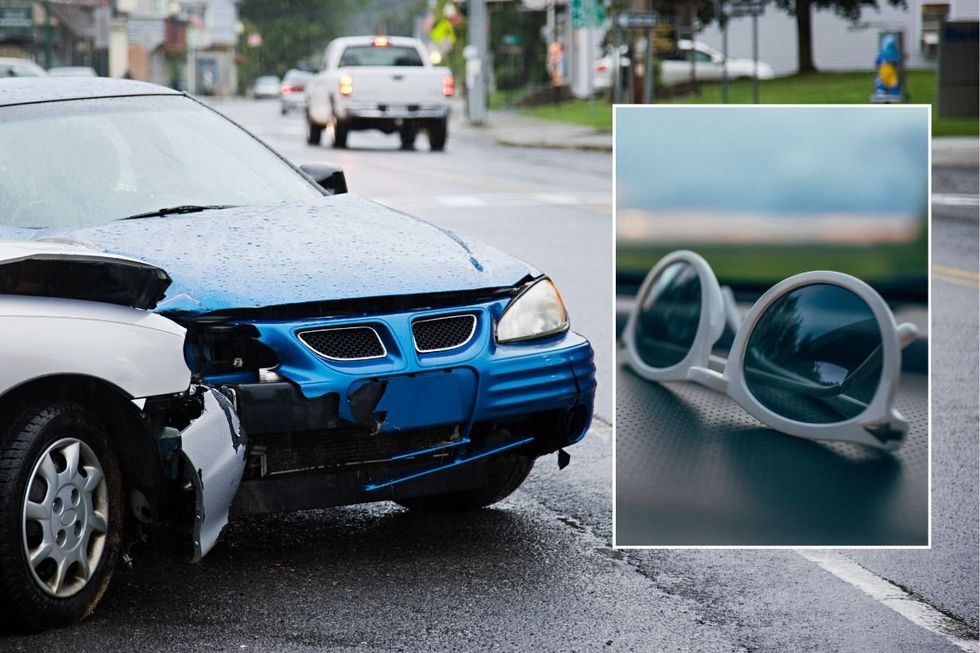
Experts have called on drivers to keep a pair of sunglasses in the car over the coming months
|GETTY
He advised that many crashes can be avoided and called on motorists to keep up with any vehicle checks or adjust to autumn conditions.
When travelling in autumn months, drivers should leave a greater distance between cars in front of them, with AA Accident Assist recommending a four-second gap.
While the issue of headlight glare has become a larger topic in recent years, motorists should ensure that their bulbs are working before setting off.
Many drivers have expressed concerns about travelling at night, especially in the autumn and winter months, with most citing headlights as a key issue.

The clocks will be changing in the early hours of Sunday, October 26
| PALATEST DEVELOPMENTS:
Some experts have put this down to modern vehicles having brighter, white LED headlights. These can often have a more targeted beam, directly impacting drivers coming towards them.
In comparison, older vehicles with halogen bulbs tend to have a more yellow hue, although these are slowly being phased out.
Many elderly drivers have complained about the impact of being dazzled and even temporarily blinded by bright LEDs, forcing many off the road.
Mr Rankin called on drivers to fill any gaps in their knowledge, especially the gap advice contained in the Highway Code, reiterating the four-second gap rule.
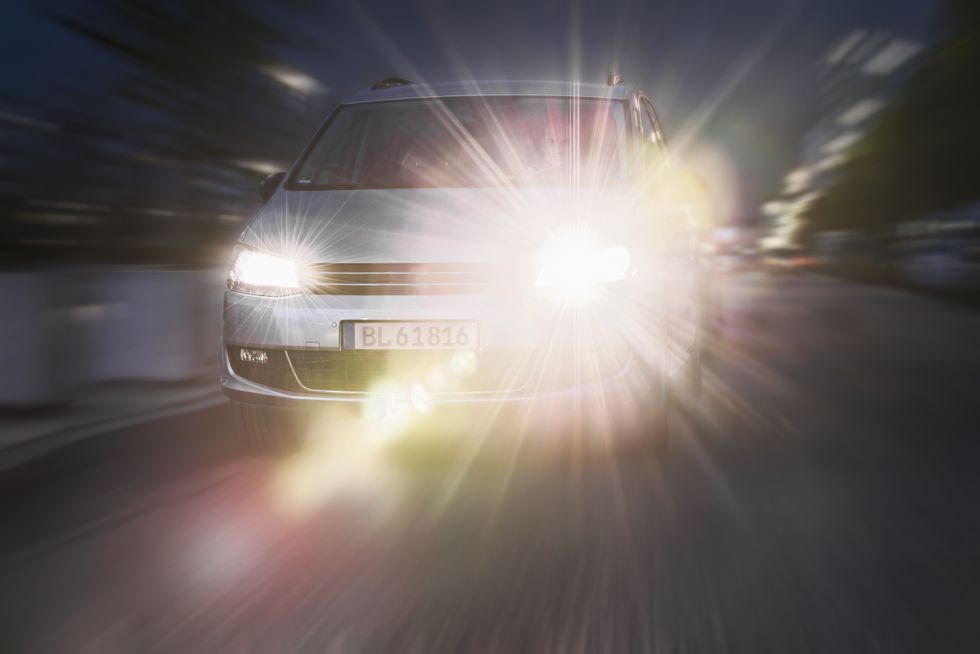 Studies have shown that headlight glare has a huge impact on most drivers, especially older motorists | GETTY
Studies have shown that headlight glare has a huge impact on most drivers, especially older motorists | GETTYHe highlighted how most incidents involve a car running into the back of another, prompting the advice to leave more space between vehicles.
"So allowing more time to stop could be the difference between a near miss and an expensive claim," the expert said.
Although motorists should be preparing for different road conditions after the clocks change on Sunday, Storm Benjamin has likely impacted millions of drivers across the country already.
The Met Office has issued four yellow weather warnings for rain and wind, impacting most of Wales, southern England and the East of England.






